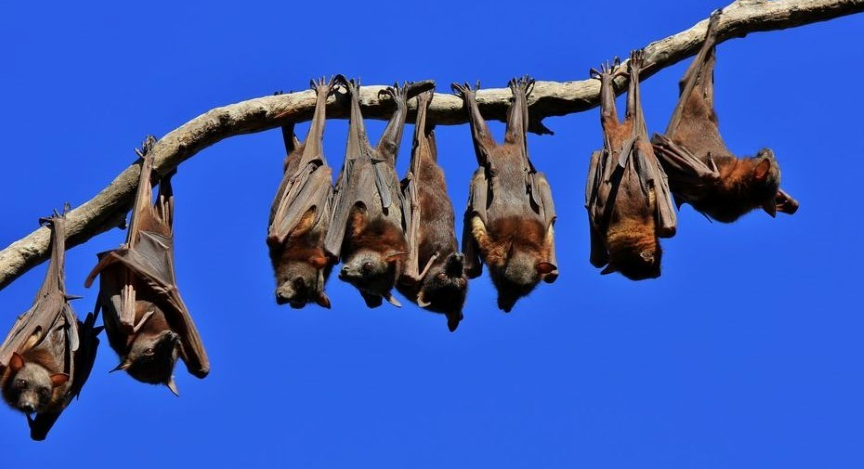
The Wide Bay Public Health Unit testing has confirmed that a black flying fox recovered from Pulgul Street, Urangan, has tested positive for Australian Bat Lyssavirus (ABLV).
Wide Bay Public Health Unit Director and Public Health Physician Dr Josette Chor said ABLV is a virus which causes fatal disease in humans.
“Anyone who could have had contact with this bat is urged to contact their GP and to ask the GP to contact the Wide Bay Public Health Unit immediately,” she said.
The sick bat was found after being washed off a roof and rescued from a palm tree on 13 May by a carer with proper training and ABLV vaccination. The bat was then tested and found to be positive for ABLV.
“The Wide Bay Public Health Unit has handled the follow up work and both the person who reported it and the carer have had no contact with the sick bat,” Dr Chor said.
Surveys of wild bat populations have found 1-7% of bats carry this deadly virus. The bat could appear to be healthy while carrying the virus.
“I urge people not to touch or attempt to pick up any flying fox or microbats even if they appear dead,” Dr Chor said.
“You should always assume that any bat in Australia - whether its sick, injured or healthy - could be infectious with ABLV.
“Anyone who has been scratched or bitten by a bat should urgently seek treatment to prevent the lethal disease - no matter how small the wound, and even if there is no visible wound.
“Please go to the emergency department at Hervey Bay Hospital or Bundaberg Hospital for immediate prophylactic treatment if you are in Wide Bay region.”
Alternatively people can call 13 HEALTH (13 43 25 84) to seek advice.
Bats should only be handled by a trained and vaccinated carer. If you find a sick or injured bat please contact the RSPCA on 1300 ANIMAL (1300 264 625) or a local bat/wildlife care organisation.